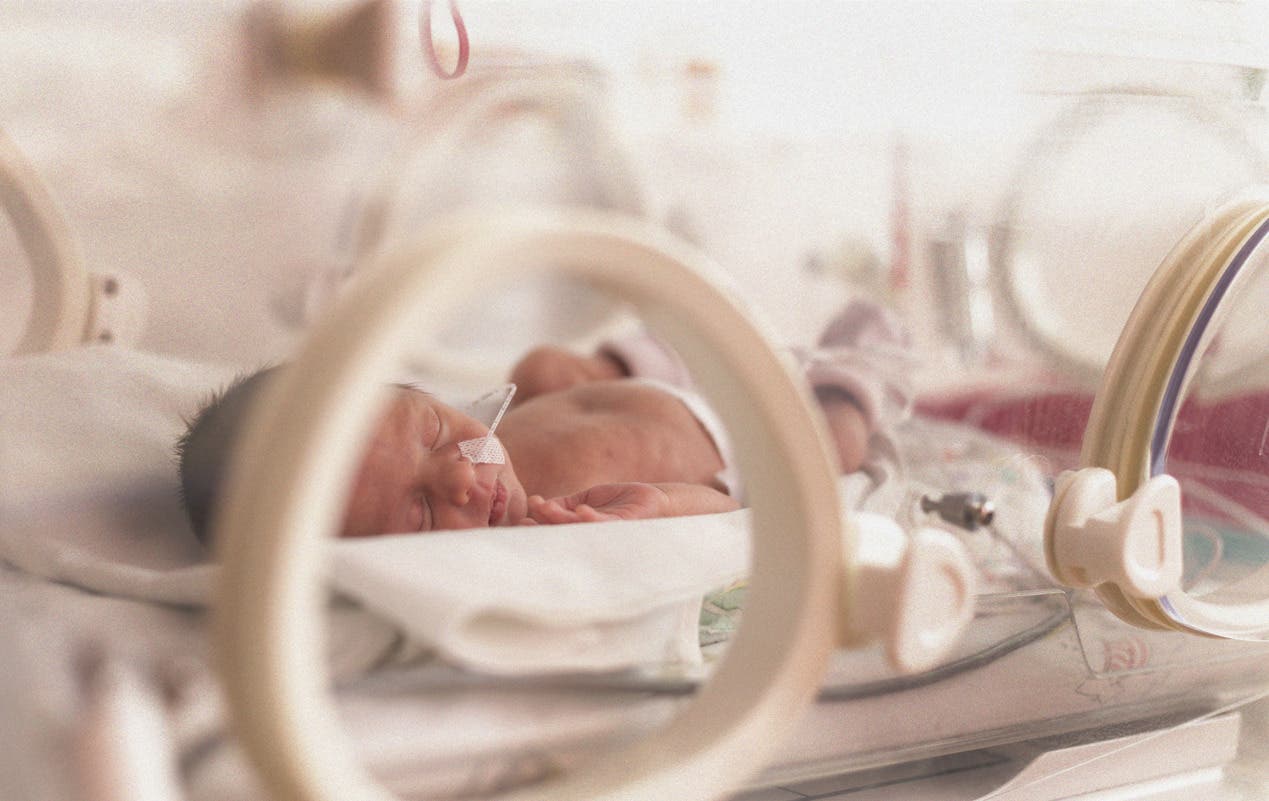Premature births continue to be the leading cause of neonatal and infant morbidity and mortality and it is estimated that every year 15 million children are born in the world with this condition, and the number is increasing. Furthermore, every year five million children die around the planet during the prenatal period and 25% of these deaths are associated with prematurity and/or low birth weight.
According to data from the Department of Health Information (DIS) of the Ministry of Public Health of the Dominican Republic, it is estimated that of the total number of live births in 2019, 8.2 percent were premature, according to the database of live births, and It is reflected that this percentage is closely linked to social conditions and maternal factors that must be modified under preventive intervention.
In the context of the commemoration of November 17 as the Day of the Premature Baby, the Pequeñín® brand promotes the accompaniment and education of society about this situation, which thousands of parents experience daily in the country.
What does it mean that a baby is born premature?
Previously, any newborn weighing less than 2.5 kilograms was called premature; however, a definition based solely on weight is incorrect. Therefore, prematurity is defined by gestational age when a delivery occurs before 37 weeks of gestation, where there are four classifications:
- Extremely premature: less than 28 weeks.
- Very preterm: between 28 to 31 weeks.
- Moderately preterm: between 32 to 33 weeks.
- Late preterm: between 34 to 37 weeks.
A premature newborn will face different risks throughout his life. In the short term, the baby may present immaturity in lung and brain development, an increased risk of anemia, jaundice and different digestive tolerance problems or infections. In the long term, on the other hand, there is a risk of suffering visual and auditory complications or motor, cognitive, language or behavioral development problems.
Why do parents of premature babies need psychological support?
A premature newborn will face different risks throughout his life. They are children who need special care during the first weeks of life and are also the children of parents who did not expect a premature birth and, therefore, need preparation and, above all, a lot of support to be able to cover all the needs of their little heroes.
Parents find themselves in a very different situation than they imagined: seeing their baby surrounded by probes and monitors, which requires their active presence in moments of great vulnerability and emotional pressure. Therefore, each mom and dad will be putting their resilience at stake, while they will discover their adaptive resources, in an extremely stressful situation and in the personal times of each one.
“From Pequeñín we want to accompany parents at every moment of their children’s development. Having a baby prematurely confronts the family with many challenges of a different nature and it is in those moments that the empathy and solidarity of someone who has experienced the same thing can be essential. This is the reason why we want to accompany these families so that they know that everything will pass”, says Daniela Henao, Essity Baby Care Marketing Manager.
With this approach we share information on some care to improve the quality of life of the premature baby:
- Breastfeeding remains the main recommended food: A premature baby is usually drowsier and has less muscle strength, so latching, sucking, and swallowing are not as efficient. Despite this, breastfeeding remains the main food for the development and growth of children.
- Vaccination must be collective: it is usually recommended to maintain the same vaccination schedule as full-term infants. However, premature children may need additional schemes or antibodies against special viruses. Additionally, adult caregivers must have their vaccination schedules updated.
- An environment that allows you to sleep adequately: premature infants are at higher risk of sudden death, so it is recommended to avoid smoking at home, pre- and postnatal use of alcohol or drugs by the mother and adult caregivers, and avoid prone position (face down). or lateral decubitus when sleeping.
- Premature people are shorter: premature people are commonly smaller in stature. Therefore, a pediatric endocrinology assessment can provide more detail on the status of growth hormones.

















